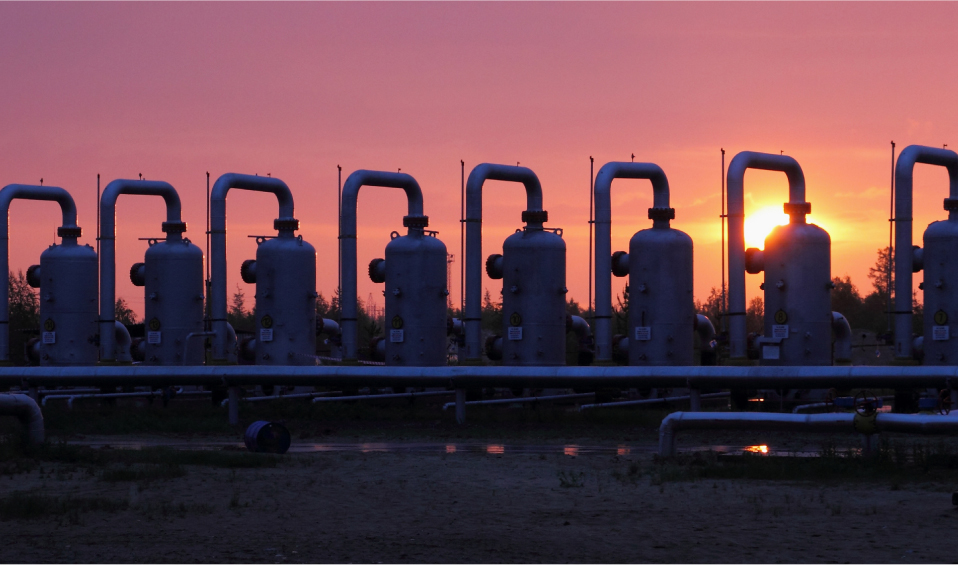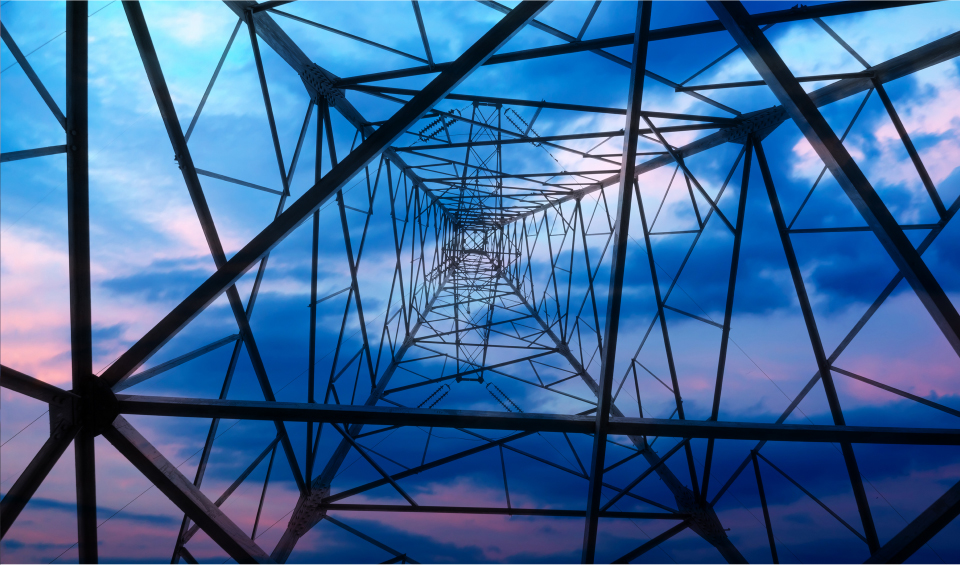
Thanks to ESCP Business School's Energy Management Centre wide network in the academic and business communities, our views on energy news give you comprehensive insight into energy issues.
Please join us...
What are the most likely repercussions for South East Europe’s energy security after the somewhat ambiguous reconciliation between Ankara and Moscow has re-activated the Turkish Stream pipeline project? Will it challenge the EU energy directives? Will it drive another wedge into the alliance of nations loyal to the concept of an ‘energy union’ and undermine solidarity? Does it really matter or it is not worth consideration? Is it a challenge or an opportunity?
For the moment, the implementation of the project stepping into the shoes of the defunct South Stream is far from being ascertained. Yet, pre-emptive review is appropriate. Should the Black Sea offshore infrastructure materialize, even in its current scaled-down design, it might impact the breakdown of energy imports of the south East corner of Europe having negatively affected the prospects of Azeri pipeline gas deliveries as well as Qatari and US-shipped LNG.
The African continent is not considered to be the main source of oil for the global market. However, it is playing a more significant role as provider of the still principal energy resource. It sets the stage for accelerated development as well as for wars and political destabilization.
Africa is home to only 7.6% of the world oil resources and it accounts for 9.3% of the world oil production. From 2010 onward, one third of all new oil fields discoveries were made on this continent.
Recent intense bellicose rhetoric and sabre-rattling between India and Pakistan has raised the stakes in the completion of the much-heralded Turkmenistan-Afghanistan-Pakistan-India (TAPI) natural gas pipeline project. An unnamed official of the Indian government dismissed suspicions that the US$9-billion project could be either postponed or shelved indefinitely due to flaring animosity.
The current round of open and covert hostilities was provoked by a terrorist attack on an army camp at Uri on September 18 and another one at 46 Rashtriya Rifles camp in Baramulla on October 2. The attack in Uri located in India-administered Kashmir was carried out by a radical grouping called Jaish-e-Mohammed (JeM) that is allegedly linked to Pakistani intelligence services and reportedly responsible for a similar attack on a military base in the town of Pathankot in the Indian state of Punjab in January this year.
The amazing age of oil
When Edwin Drake drilled one of the world’s first commercial oil wells in Titusville, Pennsylvania in 1859, he definitely could not have anticipated the tremendous impact his drilling would have on the global economy, civilization and warfare in the years that followed.
Who gets what?
Since then, oil has been the lifeblood of the industrial world’s progress and standard of living. Innumerable everyday products – from pharmaceuticals to computers- depend on oil and its refining into complex chemicals and plastics. Modern industrial farming, which feeds much of the world, would grind to a halt if it were deprived of diesel-powered tractors, oil-and gas-based fertilizers to grow and harvest crops and the fossil fuels to process, package and ship food worldwide to feed a world population that has skyrocketed from 1.5 billion at the start of the oil age to 7 billion now.
The incomprehensible relative political stability in Algeria is largely attributed to the psychological trauma suffered by the people during the so-called Black Decade, the civil war that raged between 1991 and 2002 with Islamist fundamentalists challenging the regime.
Today, the aging and basically unhealthy 79-year-old president Abdelaziz Bouteflika who heads the National Liberation Front (FLN) is offering a semblance of 'stability and continuity' (the ultimate and most appealing of the FLN slogans) and thus capitalizes on the rejection of violence by 40 million people of the weary nation.




527 Finchley Road
London NW3 7BG
United Kingdom
Tel: +44 (0)20 7443 8800
Fax: +44 (0)20 7443 8845
E-mail: [email protected]










